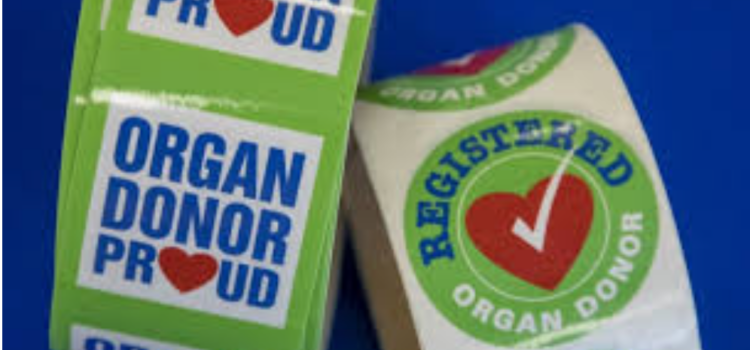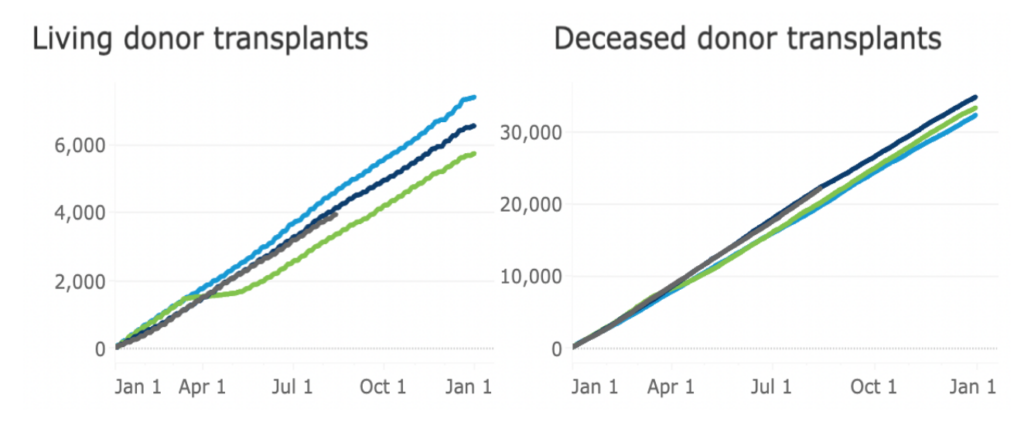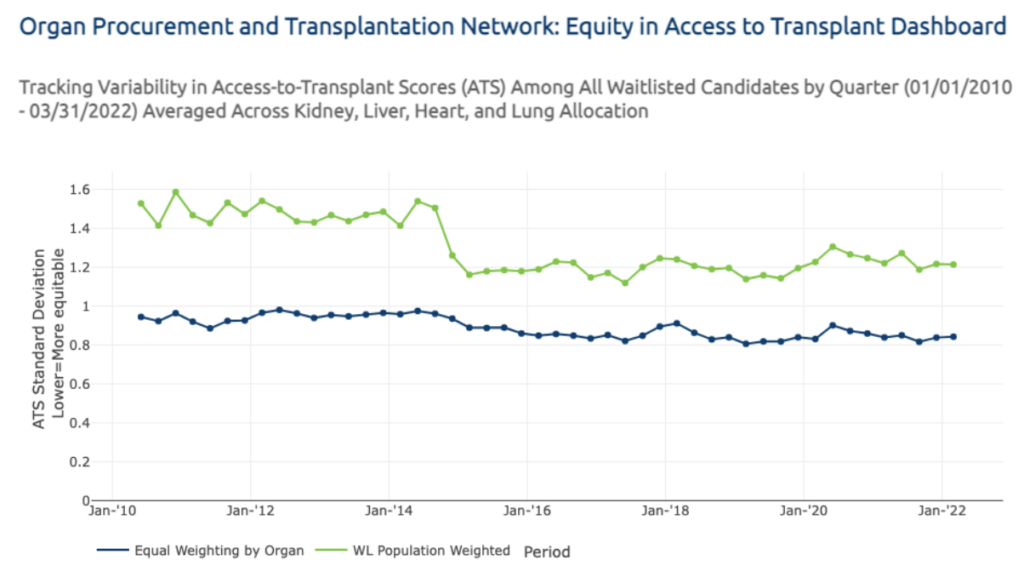
Precious McCowan is an organ donor advocate who has served on both the Organ Procurement and Transplantation Network (OPTN) Kidney Transplant Committee and a special workgroup on a specific policy proposal. She explains that National Minority Donor Awareness is an opportunity for minorities to come together.
National Minority Donor Awareness is ensuring that the transplant community has equitable access to the waitlist and lifesaving care that is needed regardless of ethnicity. McCowan urges the public to consider being a living donor to save a life.
McCowan shared both her journey as a transplant recipient, and a heart-breaking impact in her life when her son passed away.
“My two-year-old son passed away unexpectedly and my husband and I decided to donate his organs. We were the ones to make that decision. He was two years old and they came to us as a parent to ask if we were willing to donate his organs,” said McCowan. “I decided to be an organ transplant recipient for a kidney and pancreas transplant. Unfortunately, both organs only survived for seven months, so I was back on in-center hemodialysis for nine years until I received my second kidney transplant in 2019. I decided to go the second time thinking the same thing that I am young and I have a lot to offer to the kidney community.”
Minority communities struggle with a lack of insurance and social determinants. Another common struggle is the mistrust in medical systems, and minorities are also more likely to have financial hardship with medical bills.
Kidneys are the most transplanted organ, and as of August 12, there are 105,831 patients on the waitlist for an organ transplant. One donor can save up to eight lives, and tissue donors can heal many more.
According to United Network for Organ Sharing (UNOS), there’s a higher incidence of diabetes and high blood pressure in minority communities, and those are the two leading causes of primary diagnoses for a kidney transplant. Equitable access to healthcare is a national concern.

UNOS’ main priority is to work with community partners to save more lives through organ donation and transplantation. UNOS focuses on three main areas which are:
- Developing equitable allocation policies that ensure the fair distribution of organs
- Maintain the national waitlist with safe, secure, and modern technology
- Continue to improve overall performance.
McCowan decided to be part of a committee because she believes that a patient should have a seat at the table to represent those who need organs. She decided to get involved because she has always wanted to help. She has the privilege to be able to advocate for herself, and she is the voice of those who do not have a voice right now within the community.
Her biggest challenge has been her dialysis treatment. She describes it as a harsh treatment that with time can be very damaging to the organs. She is currently getting ready for her 3rd transplant because she is having issues with her second transplant.
According to UNOS, a policy change in 2014 allowed patients on dialysis to substitute their dialysis time for wait time. After that policy change, the likelihood for waitlisted candidates to receive a deceased donor kidney became about the same across Black, Hispanic, and white populations.
By 2019, there was a new system created called Kidney Allocation System (KAS) that determined kidney allocations based on geographical distance between donor and recipient.

McCowan explained that “you do not have to match with a patient to be a donor. They have something now where they do an exchange. They have a whole system. Let’s say for example, if I have a friend that would like to donate me a kidney and she is not a match, then they would look into the system of living donors and find a match for me and find a matching donor for the kidney my friend wants to donate. They would do an exchange and that transplant exchange would happen at the same time.”
She recommended for living donors to remain healthy and advocate for the community. The donor is the priority, they must not be in any unhealthy health conditions. If the donor requires an organ in the future, they would automatically go to the top of the list. It is important to spread the word about getting donations and how they can help save someone’s life. Educating those around about the process. Letting people know that they should consider it and explaining why people should register as organ donors.
“A campaign that I have been working on is for people to register as an organ donor. My family is registered; therefore, on the back of their license, you can see that it says organ donor. I have been encouraging people to register,” said McCowan. “It’s an opportunity to save a life, and it is an opportunity for more minorities to consider becoming a living donor. Studies have shown that African Americans or minorities are not really willing to donate an organ for various reasons.”
The lack of organ donations among minorities is due to the lack of trust in the medical systems. Advocates and an information system can help encourage minorities to donate organs.
UNOS launched an organ tracking tool in 2021, which utilizes GPS tracking devices for use when transporting donor organs. We are also currently piloting a travel app that will allow professionals on the ground to determine the very best route for organs in need of transport.
“I encourage the health care community to educate patients about their options, treatments, and things that can help or not help,” said McCowan. “I learned over time that individuals in the kidney community have low health literacy, and I know that it is due to unawareness. I encourage everyone to be their advocate, be involved, and remember the phrase, ‘nothing about me, without me.’ The quote means to not make those decisions for me, without including me or without bringing me on to the team. Let’s work together.”
Registering to be a donor only takes 30 seconds. It can be done online at: https://registerme.org/. Those who wish to be living donors can find more information here: https://unos.org/transplant/living-donation/.